Feb 5, 2020 | by The SEEP Network
Q&A Coming Soon...
Over the last 25 years, development organizations have formed about 700,000 Savings Groups composed of 14 million members, across 75 countries. Most projects train and supervise groups for one year; and monitoring and results measurement seldom exceeds the project period, typically 2-3 years. What happens beyond then is mostly a black box.
In 2019, with support from the SEEP Network and FSD Africa, L-IFT revisited more than 300 randomly-selected Savings Groups established in 2010-2011 - by Oxfam America, Freedom from Hunger and the Strømme Foundation in Mali, and CARE International in Uganda. The researchers tracked each group over three months, observing group meetings, interviewing group members, and estimating group survival and replication rates – and collecting standardized performance data and comparing results to the first year of operations.
This study explores the long-term performance and evolution of Savings Groups. Specifically, the study examines the financial performance, institutional performance, institutional relationships and activities of Savings Groups nearly a decade after formation. What’s left, and what does it look like? And for development organizations, what is the long-term return on investment in the formation of Savings Groups?
In this webinar, the research team at L-IFT presents the main findings of the study, followed by a panel discussion with the University of Oregon, The Share Trust and an independent researcher to triangulate the study results with emerging experience, policies and findings, and their implications…and there may be a few surprises.
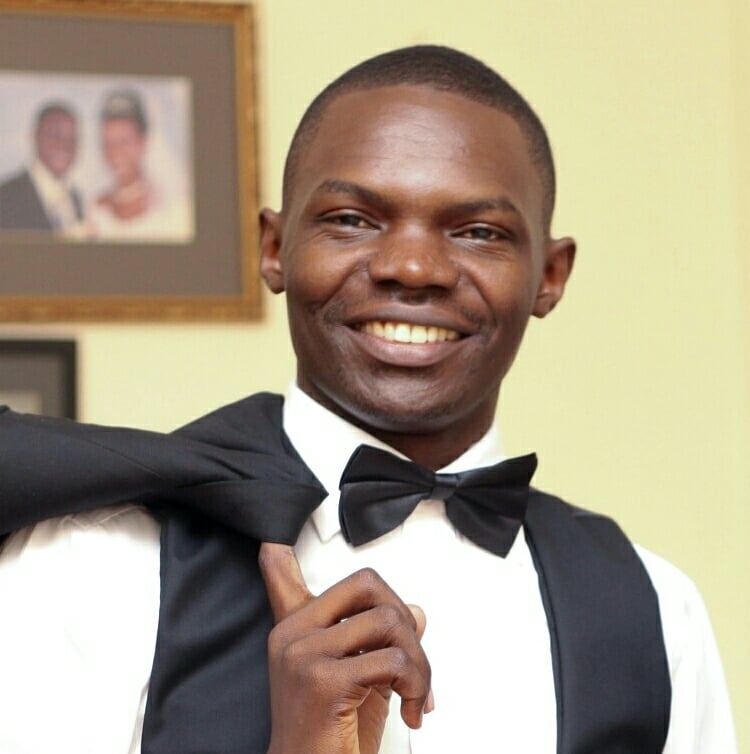 Andrew Magunda, Country Manager, Uganda, L-IFT
Andrew Magunda, Country Manager, Uganda, L-IFT
Andrew Magunda is a researcher, monitoring & evaluation and financial literacy specialist with 14 years of experience in East, Central and West Africa, mainly working on youth financial education and products, and adult rural saving initiatives. As Country Manager with L-IFT in Uganda, Andrew has worked on SEEP’s study on the long-term performance and evolution of Savings Groups in Uganda and Mali and currently manages L-IFT’s Refugee Financial Diaries research project in Uganda. He has led over 15 evaluations of savings programs and served on evaluation committees for the Global Youth Economic Opportunities Conference (USA) and Aflatoun International (Holland).
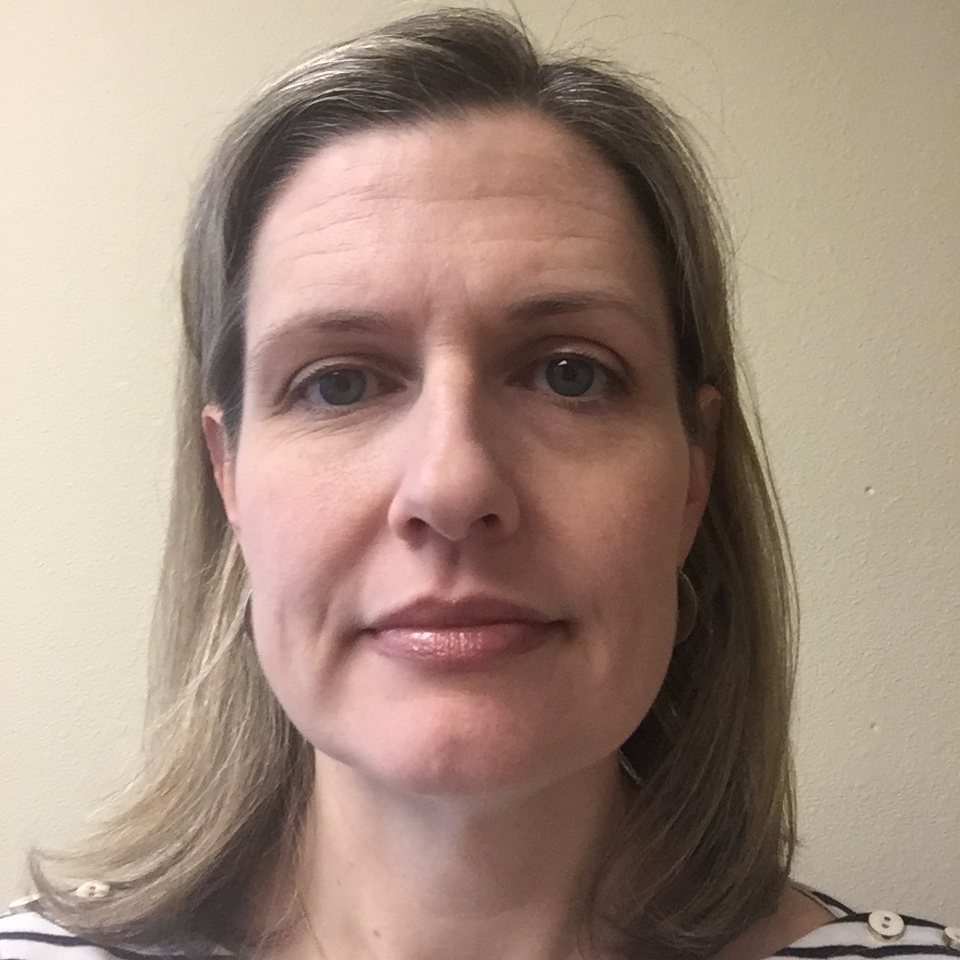
Megan Gash has 15 years of experience in international development evaluation in women’s economic empowerment, financial inclusion, youth financial services, and resilience, with an expertise in Savings Groups impact research in Africa. She is adept at evaluating programs, using evidence to inform policy decision-making, and conveying findings to wide audiences. In 2013, the SEEP Network awarded her the title of Practitioner of the Year. Megan holds a BA in International Relations from the University of California, Davis (UCD), and a MA in International Affairs from American University. She is currently pursuing a PhD at UCD while continuing to consult.
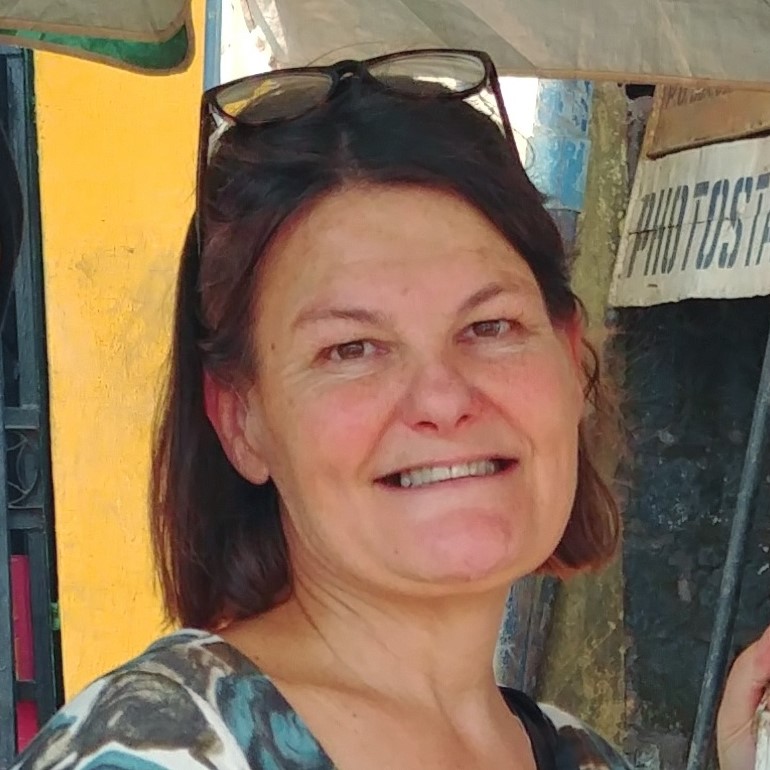 Anne Marie van Swinderen, Managing Director, L-IFT
Anne Marie van Swinderen, Managing Director, L-IFT
Anne Marie van Swinderen has worked in financial inclusion for three decades. She founded L-IFT and leads L-IFT’s financial diaries and Savings Group studies. She is passionate about driving change through L-IFT’s evidence. She enables organizations to listen systematically to their clients and other people they impact and allow users to design the services. Anne Marie was team lead for the long-term performance and evolution of Savings Groups study and designed the multi-angle investigation instruments. Together with the entire field-team and data team, she analyzed the data to ease out learnings and prioritize the most important findings.
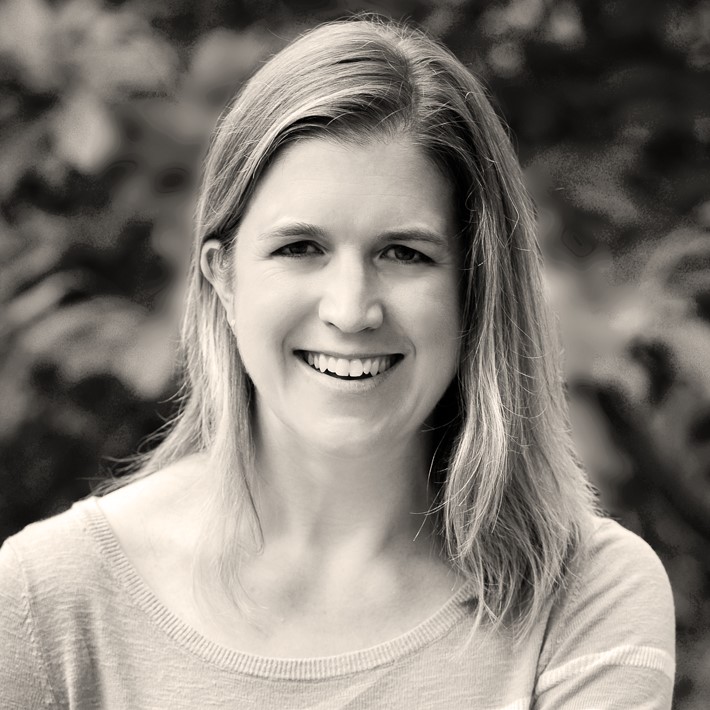 Courtenay Cabot Venton, Chief Executive Officer, The Share Trust
Courtenay Cabot Venton, Chief Executive Officer, The Share Trust
Courtenay Cabot Venton is an international development economist. By demonstrating the relative returns of social and environmental interventions, she creates an evidence base for what works and what doesn’t when it comes to reducing poverty worldwide. As an independent consultant, Courtenay provides research and advice to donors and NGOs on the economics of development. She works extensively with agencies such as the UN, the UK Department for International Development (DFID), and the World Bank, as well as non-profits. She is also the founder and CEO of The Share Trust, an organization that invests in women’s empowerment collectives, or Self-Help Groups. Courtenay has worked across South America, Asia and Africa. Courtenay has a Masters from Oxford University’s Environmental Change Institute and sits on the board of World Connect, a non-profit that funds grassroots projects for women and girls across the globe.
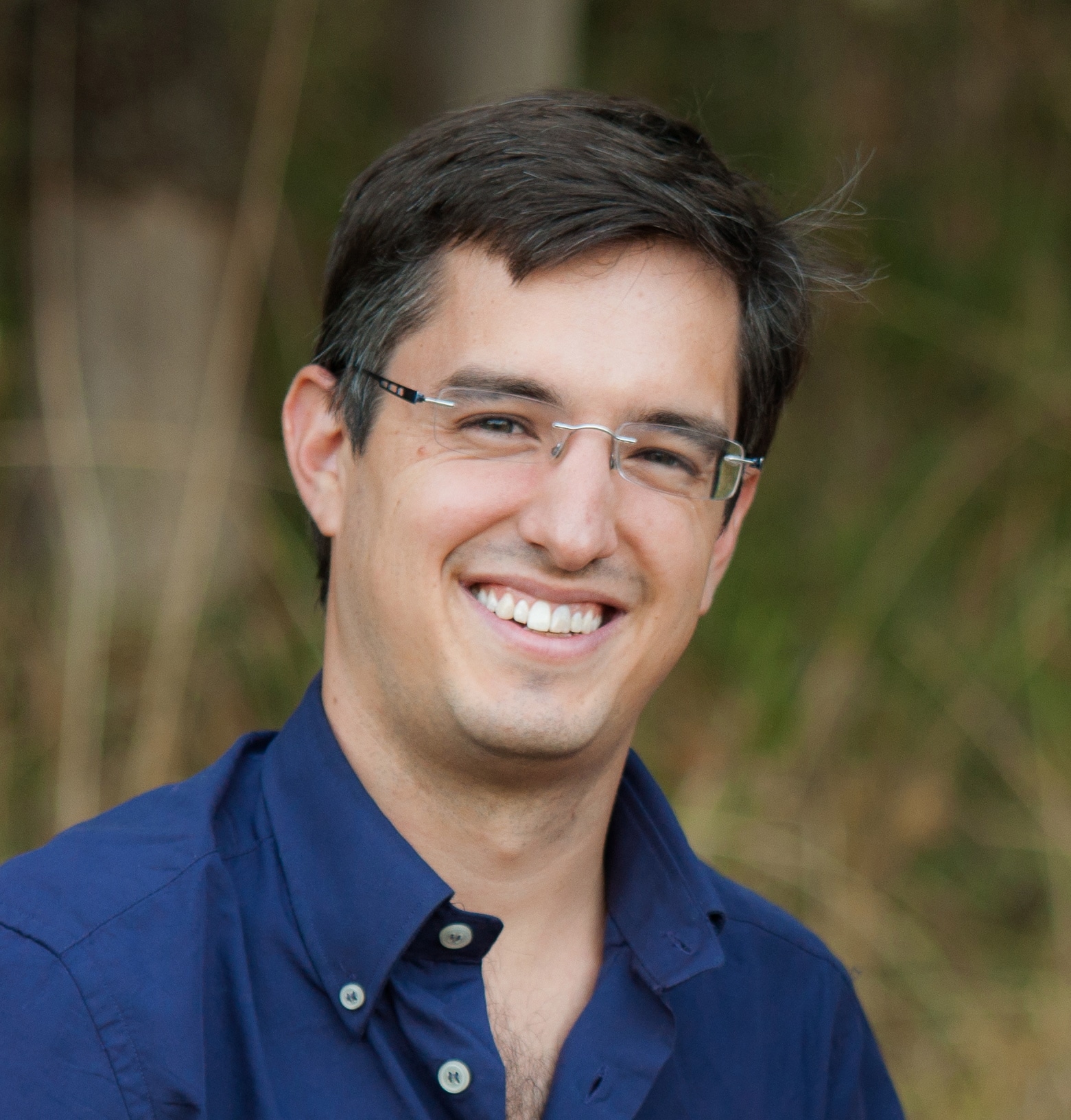 Alfredo Burlando, Associate Professor, Economics, University of Oregon
Alfredo Burlando, Associate Professor, Economics, University of Oregon
Alfredo Burlando is an Associate Professor in the Department of Economics at the University of Oregon and an affiliate to the Center for Effective Global Action (CEGA). He received his Ph.D. in Economics from Boston University. His current research in sub-Saharan Africa employs randomized interventions to study the impacts of financial inclusion, including Savings Groups and digital forms of credit and payments. A particular focus of his work continues to be the inclusion of vulnerable and marginalized populations.
This webinar is hosted by the SEEP Network
in partnership with L-IFT and FSD Africa.
Categories: Sub-Saharan Africa Savings Groups Webinar Savings Groups Webinar 2020 WebinarsBlogs

1621 North Kent Street, Ste 900,
Arlington, VA, 22209
P 202.534.1400
F 703.276.1433
Website Photos: © mari matsuri
